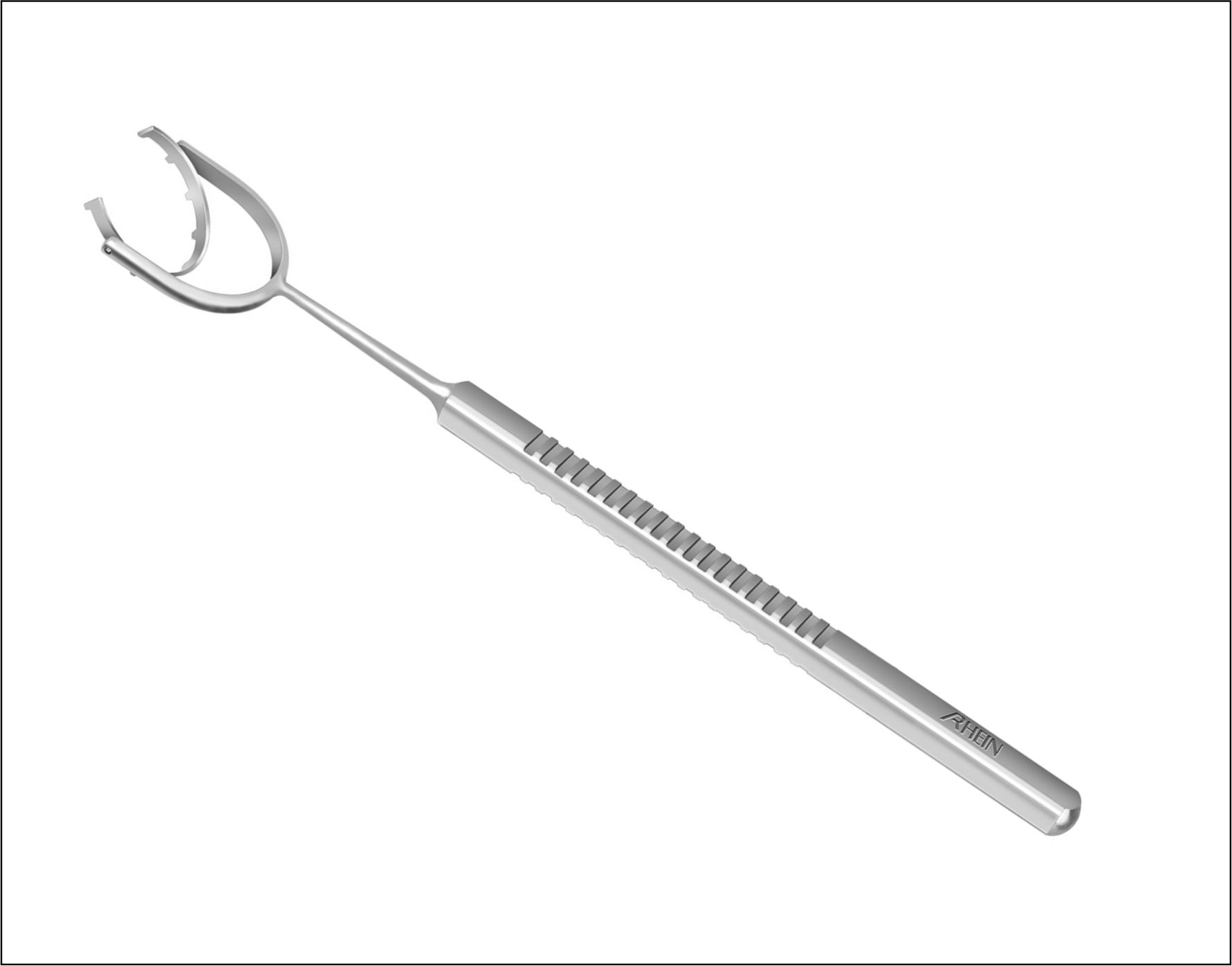Description
Fixation Rings for Surgical and Medical Procedures
Fixation Rings are essential tools in surgical and medical settings, providing precision, stability, and enhanced outcomes during various procedures. These devices are meticulously designed to secure and stabilize anatomical structures, enabling surgeons to perform delicate interventions with confidence.
Key Features of Fixation Rings
High-Quality Material Construction
Fixation are manufactured using high-grade materials such as stainless steel or titanium, ensuring durability, biocompatibility, and resistance to corrosion. These materials withstand repeated sterilization processes, maintaining their performance and structural integrity.
Versatile Applications
Rings are utilized across a variety of medical disciplines, including:
- Ophthalmology: For securing the eye during procedures like LASIK or cataract surgery.
- Orthopedics: To stabilize bone segments during fracture repairs or reconstructive surgeries.
- Neurosurgery: To hold cranial structures in place during precise interventions.
Advanced Design for Precision and Safety
Enhanced Stability
This rings feature non-slip surfaces or textured grips to minimize movement, ensuring a secure hold on delicate structures. This stability reduces the risk of unintended tissue damage and improves procedural outcomes.
Customizable Sizes and Configurations
These rings come in various diameters and designs, tailored to specific anatomical needs. For example:
- Open-Frame Rings: Provide unobstructed access for instruments.
- Adjustable Rings: Allow surgeons to modify positioning during procedures.
Disposable and Reusable Options
Single-Use
Designed for convenience and infection control, disposable rings eliminate the need for reprocessing, reducing cross-contamination risks. They are pre-sterilized and ready for immediate use.
Reusable
Reusable options are ideal for cost-conscious medical facilities. These rings undergo rigorous sterilization and are built to last through multiple uses without compromising performance.
Compliance with Medical Standards
Fixation rings meet stringent healthcare regulations, such as FDA or CE certifications, ensuring their safety and reliability in surgical environments. These certifications reflect the high quality and performance standards required in modern medical practices.
Applications in Medical Settings
Fixation rings are indispensable in various medical fields, including:
- Operating Rooms: For precision during surgeries.
- Outpatient Clinics: During minor procedures requiring stabilization.
- Emergency Care: Offering quick and reliable stabilization in urgent cases.
Advantages of Fixation Rings
Enhanced Precision
By providing stability, fixation rings allow surgeons to focus on intricate procedures with greater accuracy.
Reduced Surgical Risks
Stabilizing anatomical structures reduces the likelihood of complications, leading to better patient outcomes.
Improved Workflow Efficiency
Pre-sterilized or easy-to-clean designs streamline surgical preparation, saving valuable time for healthcare professionals.
Conclusion
Fixation rings are vital instruments that enhance surgical precision, safety, and efficiency. Whether for ophthalmic procedures or complex orthopedic surgeries, these devices play a critical role in achieving optimal patient outcomes. Investing in high-quality fixation rings ensures reliable performance, procedural success, and improved patient care in diverse medical applications.
Recommended Suppliers
- Integra LifeSciences: Offers a wide range of surgical fixation devices.
- Medtronic: Known for innovative and high-quality medical instruments.
- Zimmer Biomet: Specializes in orthopedic fixation tools and accessories.
This comprehensive overview highlights the importance of fixation rings in modern medicine, emphasizing their design, utility, and benefits for both patients and medical professionals.


